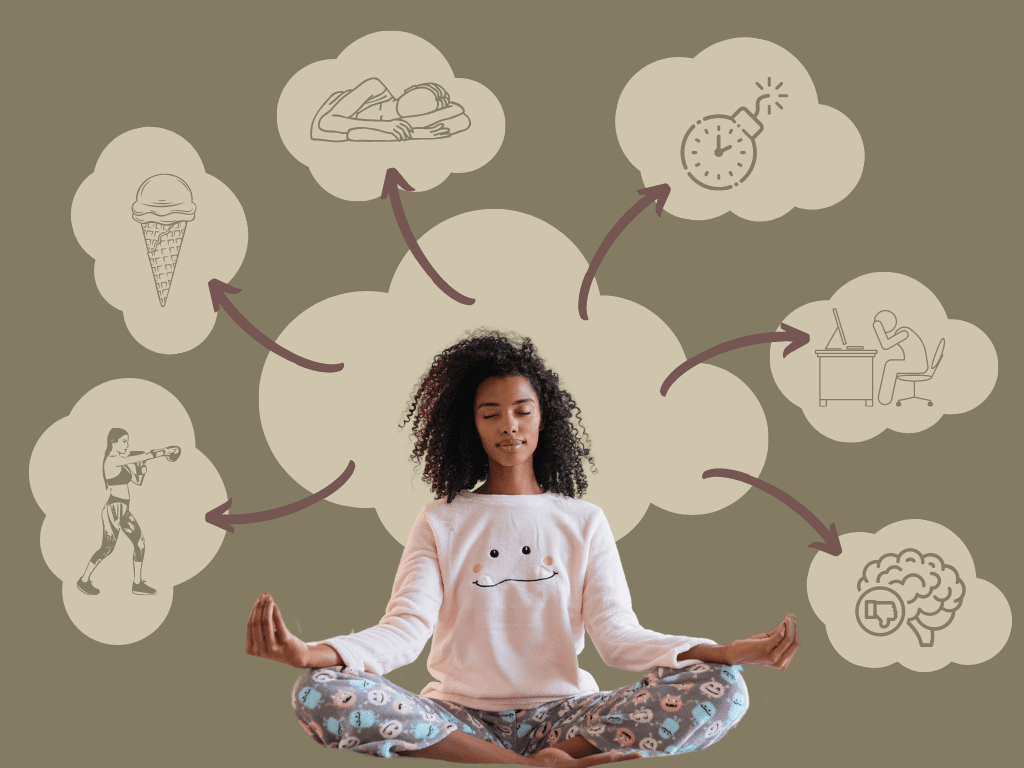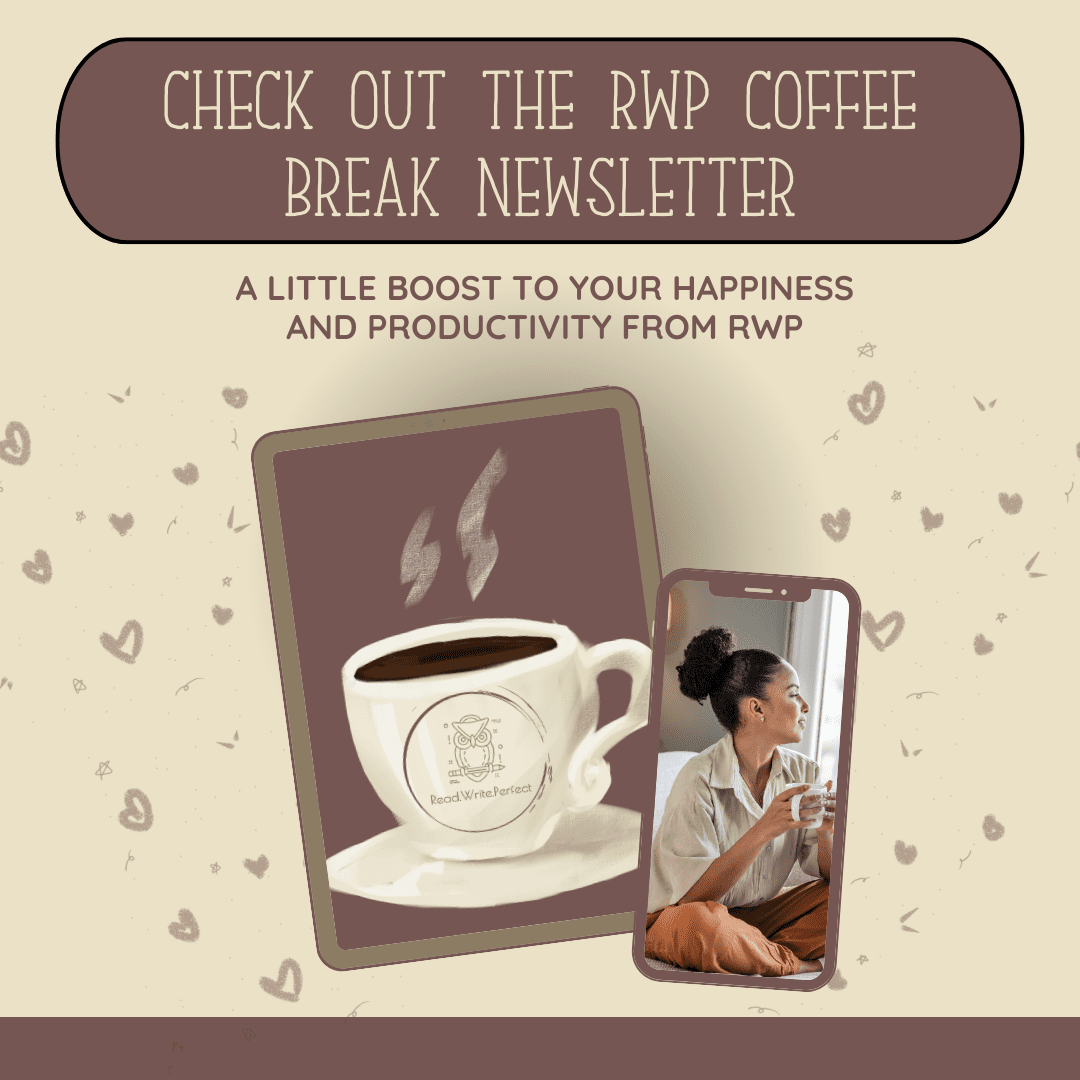
As one researcher on Twitter shared recently, stats gathered by the Welcome Trust in 2020 indicate that work-life balance and negative impacts on wellbeing together make up 71% of the reasons that researchers leave academia.
In this post, I share my top tips from 10+ years of working in higher ed and coaching dissertation students for avoiding burnout and supporting your wellbeing.
Too much time spent hunched over a computer or laboratory table and not enough food, water, sleep, exercise, and natural light will all take a toll on your physical health.
While this may seem of secondary importance when you have a deadline looming, it’s important to remember that you cannot do your best work while sick with a cold, suffering from chronic back pain, or incapacitated by a migraine.
Taking care of your body will pay off in the long term, as your body will be able to devote more resources to your mental endeavors rather than to simply keeping you upright and functioning. Take breaks when you need them, sleep when you are tired, and remember to eat nutritious, satisfying meals when you are hungry—even if it means stepping away from your desk.
Get outside when you can, too—it’s not only good for your body, but will also boost your mood. If you can work in some exercise or stretching too, even better. Personally, I do boxing—thoroughly thrashing a bag of sand for 30 minutes each day does a wonderful job of refocusing my attention.
A lot of the things that can wear you down during a dissertation—impostor syndrome, mean comments from reviewers or other academics, peer rivalry, and so on—can be successfully neutralized by a kind word or helpful tip from a friend, colleague, or mentor.
While it may seem like socializing is a waste of time when you have so much work to do, taking the time to communicate and spend time with friends, colleagues, family, and mentors will make you feel better and help you avoid discouragement and other mental health risks. And remember—people will be more willing to be there for you if you take the time to support them as well.
The only method that I have found that works for me (if you have other tips, please do share them in the comments!) is to build them into my working routine.
This may speak to my slightly obsessive nature, but if something is written down in my work schedule, then it is work and, by extension, not something to feel guilty about. That’s why my daily Outlook schedule includes things like “write blog post” and “find second peer-reviewer,” but also “boxing workout” and “crochet break.”
If it helps, think of it like essential maintenance for your brain—no different to shutting down your computer to allow it to do scheduled updates. (Okay, so that’s something I do only with extreme reluctance and irritation—but you get the idea).
Yet, research indicates that rewards are essential to motivation, and motivation is essential to productivity.
The solution? Reward yourself. Whether that means rewarding yourself for getting that article proofread with an ice cream or promising yourself all day on Saturday to binge-watch Supernatural if you get all the articles in that stack on your desk read and annotated by Friday night, knowing that something fun is lying ahead will make even the most daunting task more manageable.
For example, I am rewarding myself for writing this article with some fruit roll-up snacks filched from my children’s snack drawer. Don’t judge me.
Keeping your work schedule organized (and your working habits efficient) will help you avoid burnout by keeping you more focused, more on task, and more on top of the demands in your life.
Everyone has their own system, but I recommend using to-do lists and phone alerts, blocking out tasks in a calendar app or daily planner, and using project management software to stay on top of deadlines and break complex tasks into SMART goals.
The prospect of surviving your dissertation with heart, mind, body, and soul intact can seem remote, but it truly is possible. Looking out for your wellbeing will help you get to the finish line with fewer regrets and more stamina for the shining career ahead of you.
So go ahead and pull out those boxing gloves or crochet hooks and put them where you can see them, schedule that ice-cream break with friends into your workday tomorrow, and treat yourself to a new planner. You’ll thank yourself in the long run…
Book a free consultation to find out how a dissertation coach can help you stay on track and motivated.
